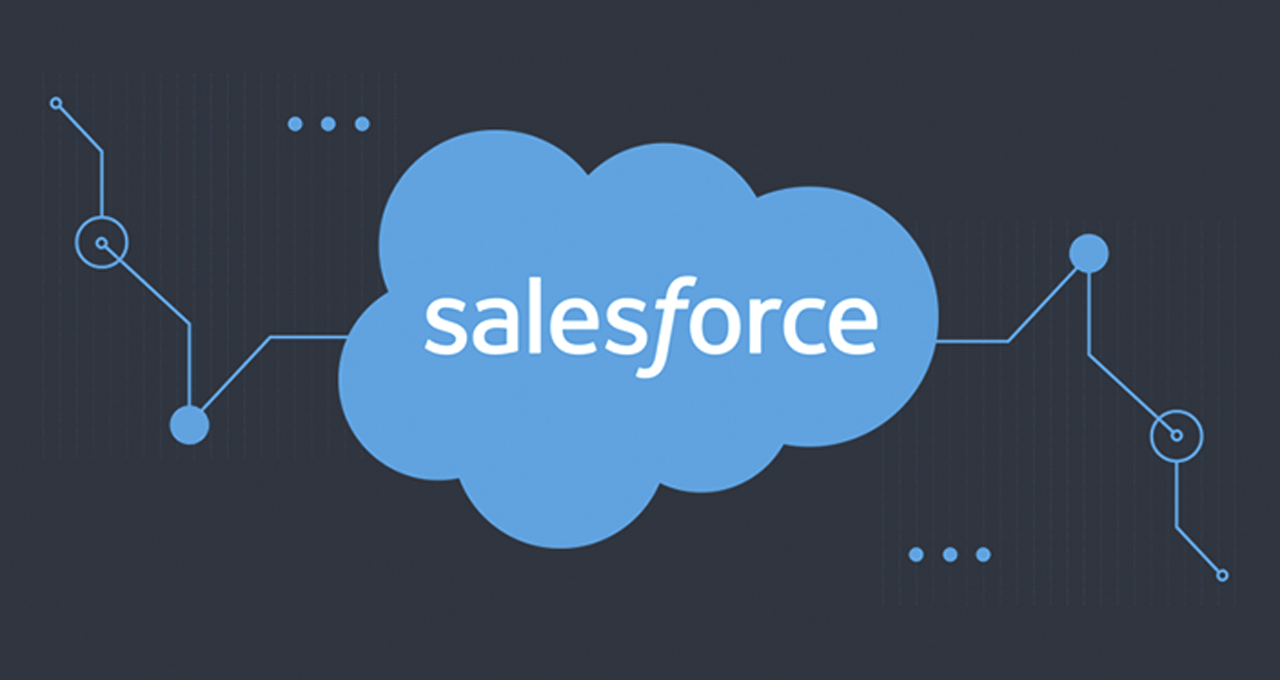Salesforce Administration

Our Course Content
Introduction
- Introduction
- Why Should I Learn Salesforce
What i will learn in Salesforce Administration
- Introduction to CRM:
- Why CRM?
- Introduction to Cloud Computing & Salesforce.com
- Cloud Computing – Overview
- What is Software-as-a-Service (SAAS)?
- What is Platform-as-a-Service (PAAS)?
- What is Infrastructure-as-a-Service (IAAS)?
- What is Salesforce.com?
- com CRM Editions
- Salesforce Architecture – Cloud Computing is a Better Model Multi-tenant
- Salesforce Editions / Pricing
- com Navigation – Overview:
- Salesforce Certifications
- Certified Force.com Developer(401)
- Certified Administration (201)
- Certified Advanced Force.com Developer(501), etc.,
- Database Introduction:
- Database Model – Object Creation
- Salesforce Building Blocks
- Standard Objects
- Create custom Objects
- CRM functionality in Salesforce and use of standard objects
- Custom Objects Vs. Standard Objects
- Create custom Fields
- Create custom Tabs
- Types of Tab:
- Standard Objects – Account, Contacts, Leads, Campaigns, Opportunities etc.,
- Custom object Tabs
- Web Tabs
- Visual force Tabs
- Custom Application:
- Limitations
- Field Creation and its Relationships a. Different Data types
- Standard Data types :
- Text, Email, Number, Currency, URL, Text Area.
- Storage Limitations
- Read only Data types:
- Auto Number, Formula and Rollup summary
- Rollup summary Operations
- Sum(), Min(), Max() and Count
- Relational Data types:
- Lookup Vs. Master – Detail Relationship
- Limitations
- Required, External Id, Default Value and Unique fields
- Salesforce Application elements: Home Page, Tabs, Tab Home Pages, Detail Page, Side Bar, Apps, Record
- Page Layouts:
- Defining Page layouts
- Field order changes
- Adding custom buttons and links
- Defining required and read only fields
- Adding related list
- Record Types:
- To create and maintain record types for your organization.
- Display different page layouts and picklist values based on record types.
- Uses of Record Types
- Field Dependencies:
- Controlling field/Dependent field?
- Making dependent pick list fields
- Limitations
- Validation Rules:
- Defining Salesforce Data Validation
- Creating Custom Validation Rules
- Validation Vs. Trigger
- Workflow rules:
- Define workflow
- Create Email template
- Set up workflow rules
- Set up workflow actions
- Workflow Approval process:
- Plan approvals using workflow
- Use the approval wizard – standard vs. jump start
- Create workflow approvals
- Email Templates:
- Email Templates – Sending Single emails and Mass emails.
- Types of Templates – HTML (Using Letter Head) , Custom HTML (without using letter head), Visual force Email Templates
- Data Management:
- Import Wizard Vs Data Loader
- Importing Overview
- Exporting Overview
- Import custom object records using the Data Loader
- Use mass delete
- Use storage
- Personal Setup:
- Managing Personal Information
- Password Reset
- User Management Overview
- Roles, Users, Profiles & Sharing
- Users, Roles and Profiles:
- Creating Users
- User Licenses Overview
- Understanding Record Ownership and Access
- Role Hierarchy
- Profiles
- Overview and different profiles
- User Permissions
- Security:
- Managing the Users
- Set Organization Wide Defaults (OWD)
- Object-level Security
- Field-level Security
- Record-level Security
- Sharing Rules
- Define Sharing rules
- Discuss about types of sharing rules
- Reports & Dashboard
- AppExchange:
- Installing an App
- Uninstalling an App
